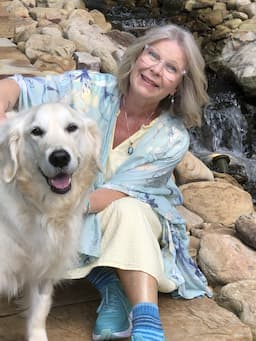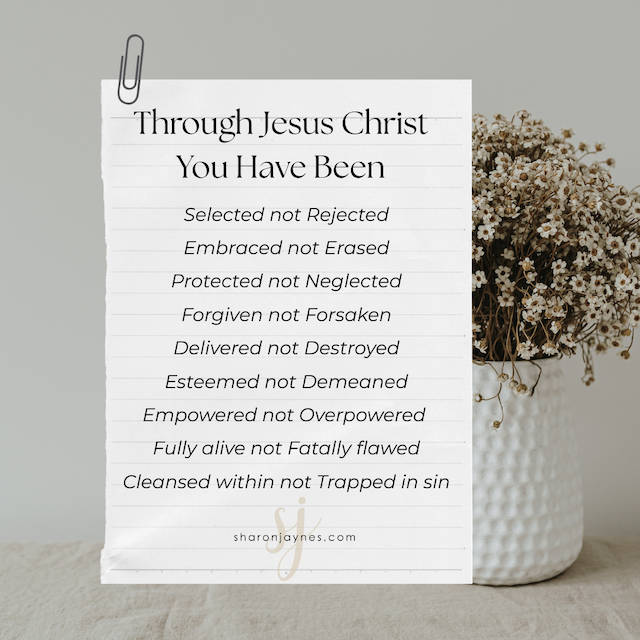Reaping What You Sow – kenbarnes.us
While Absalom was offering the sacrifices, he sent for Ahithophel, one of David’s counselors who lived in Giloh. Soon many others also joined Absalom, and the conspiracy gained momentum. (2 Samuel 15:12 NLT)
Ahithophel’s betrayal of David was rooted in David’s sin. David was reaping what he had sown.
An insidious web spun by David opened the door for Absalom’s betrayal of his father. In 2 Samuel 23:34 NLT, we learn that Ahithophel had a son named Eliam. Also, in 2 Samuel 11:3 NLT, “He (David) sent someone to find out who she was, and he was told, “She is Bathsheba, the daughter of Eliam and the wife of Uriah the Hittite.” Ahithophel, David’s trusted advisor, was the grandfather of Bathsheba. When your sin ignores a trusted relationship and crosses a family line, the resentment can be profound and long-lasting. Ahithophel’s betrayal was wrong, but David’s sin actually facilitated it. David reaped what he had sown.
The consequences of David’s sin continue. In 2 Samuel 16: 21 NLT, Ahithophel advises Absalom to sleep with David’s concubines in view of all Israel. Again, David received the consequences of his evil act. This result was predicted by the Prophet Nathan, “This is what the Lord says: Because of what you have done, I will cause your own household to rebel against you). I will give your wives to another man before your very eyes, and he will go to bed with them in public view” (2 Samuel 12:11 NLT). The sin that David had committed privately was perpetrated on him publicly.
David was forgiven and continued to be used by God, but some of the human consequences of his actions still prevailed. Why? God is just and merciful at the same time. The best example of this is the Cross of Christ. Unresisted temptation always leads to sin. How might this story have played out differently if David had turned his gaze away from Bathsheba? Adultery and murder and reaping what David had sown might have been averted if the fear of God had just changed his line of sight.
The image is used with permission from Microsoft.
Ken Barnes is the author of “Broken Vessels,” published in February 2021, and “The Chicken Farm and Other Sacred Places” published by YWAM Publishing in 2011.
Ken’s Website— https://kenbarnes.us/
Ken blogs at https://kenbarnes.us/blog/
Email- contact@kenbarnes.us





